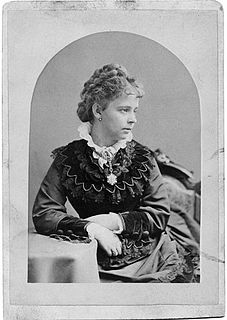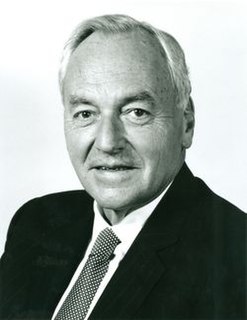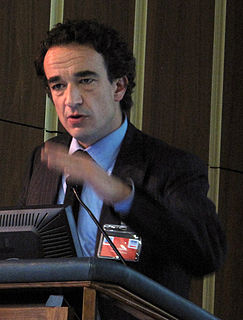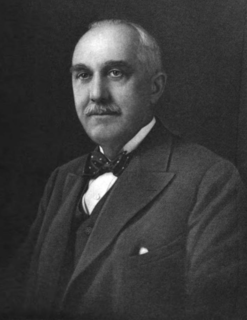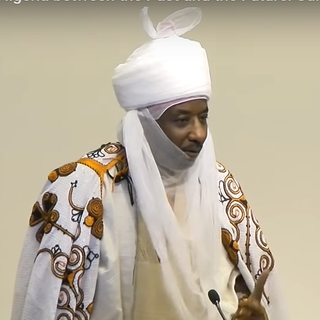A Quote by Christine Jennings
There are two instances I studied in which a community moved, amazingly, into an preexisting village built by other, earlier communalists. The Rappites were a German millenarian sect I mostly leave out of the story, even though they are fascinating, because they're focused on salvation and retreating from the world, as opposed to transforming it, like the other groups I write about.
Related Quotes
They [Rappites] were moving from Southern Indiana to Pennsylvania, where they had originally settled when they came from Germany. They were looking for someone who wanted to buy a pre-built town, which wouldn't have been appropriate for any kind of normal settlement. That's when Robert Owen [Welsh industrialist and utopian socialist] buys the village and founds New Harmony.
One of the anomalies of modern ecology is the creation of two groups, each of which seems barely aware of the existence of the other. The one studies the human community, almost as if it were a separate entity, and calls its findings sociology, economics and history. The other studies the plant and animal community and comfortably relegates the hodge-podge of politics to the liberal arts. The inevitable fusion of these two lines of thought will, perhaps, constitute the outstanding advance of this century.
When I started meeting members of the hijra community, it was a whole different ballgame. They were like me. This was the first time I felt that I was with other people who were the same as me. It was not about cruising a man, it was not about sleeping with somebody - it was beyond that. It was so much a community, wanting the best for each other, loving each other, caring for each other.
The Kings played out of the Memorial Community Centre, an old wooden barn like you'd see in other Prairie towns. It was built after World War II and the Kings were the biggest thing in town. The Memorial was packed for every game - maybe 3,000 when we'd play the Kenora Muskies or other rival towns. It seemed like everyone in town came out to games.
I was the fifth child in a family of six, five boys and one girl. Bless that poor girl. We were very poor; it was the 30s. We survived off of the food and the little work that my father could get working on the roads or whatever the WPA provided. We were always in line to get food. The survival of our family really depended on the survival of the other black families in that community. We had that village aspect about us, that African sense about us. We always shared what we had with each other. We were able to make it because there was really a total family, a village.
There does exist and has existed for a generation, an international Anglophile network which operates, to some extent, in the way the radical Right believes the Communists act. In fact, this network, which we may identify as the Round Table groups, has no aversion to cooperating with the Communists, or any other groups, and frequently does so. I know of the operations of this network because I have studied it for 20 years and was permitted for two years, in the early 1960s, to examine its papers and secret record.
By the year 1670, wooden chimneys and log houses of the Plymouth and Bay colonies were replaced by more sightly houses of two stories, which were frequently built with the second story jutting out a foot or two over the first, and sometimes with the attic story still further extending over the second story.
I used to live in a village, and I always loved listening to old people. Unfortunately, it was always women who were talking, because after the war, very few men were around. I spent my entire life living in the village. The village is always talking about itself; people are talking to each other as the village makes sense of itself.
I don't think my generation carries the weight of World War II anymore. But I've got to tell you, even if we don't really talk about it, we get reminded constantly by other people or other countries. I get offered a World War II movie at least once a week just because I speak German and was born there. I have always stayed away from it because I didn't want to be put into that box.









